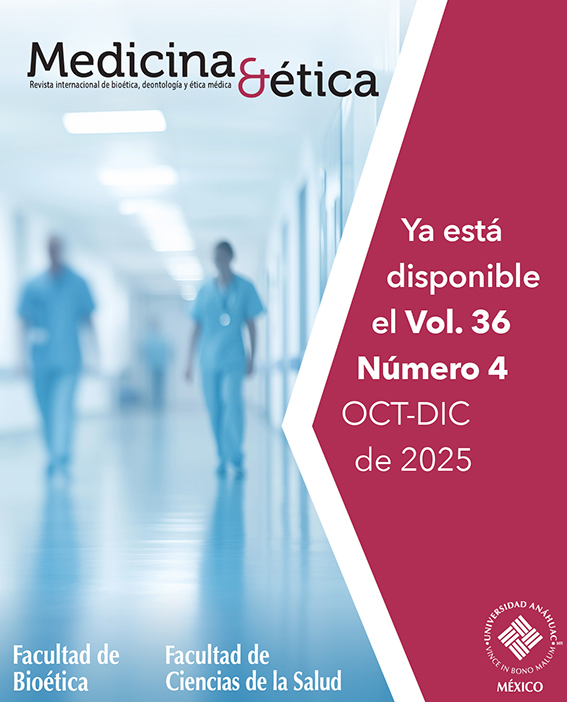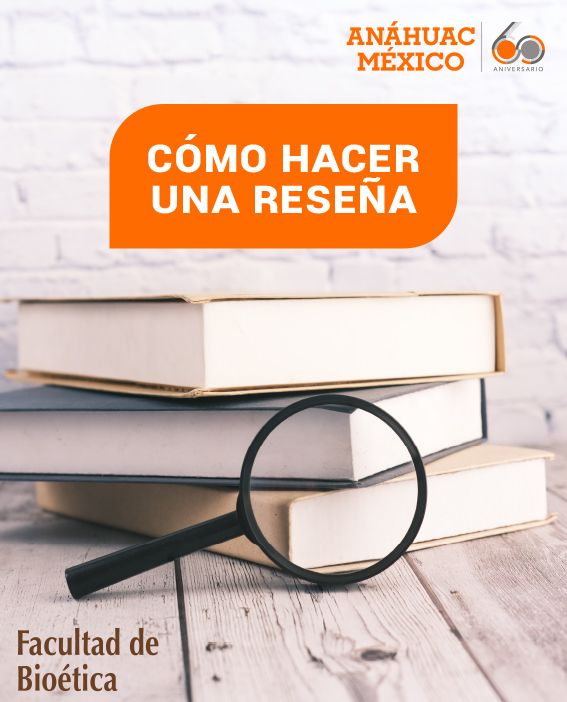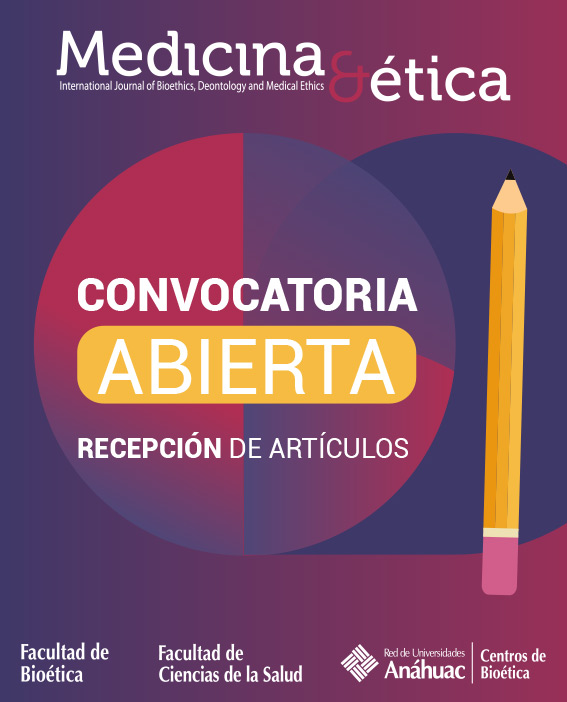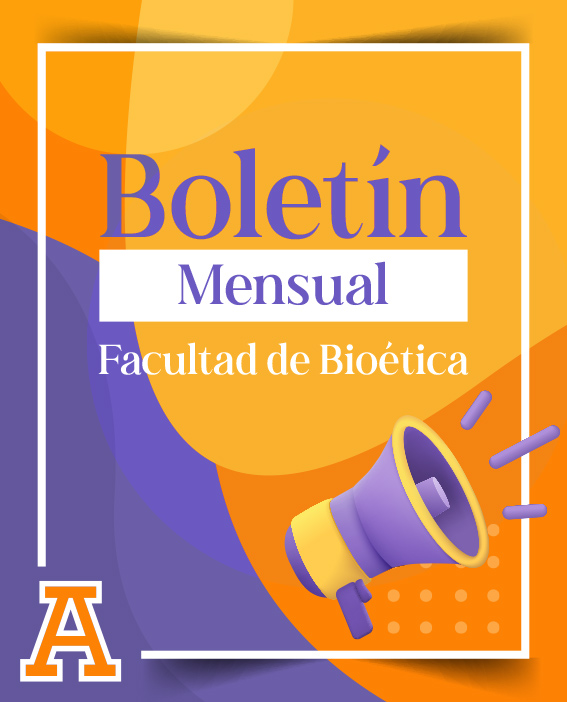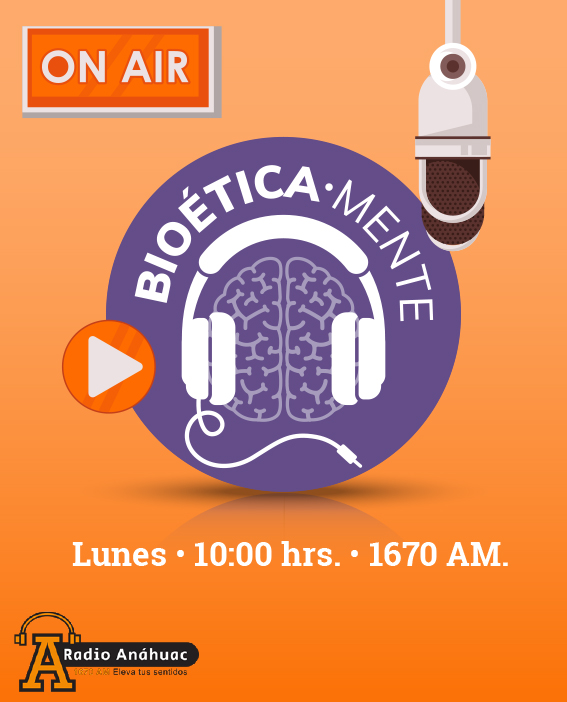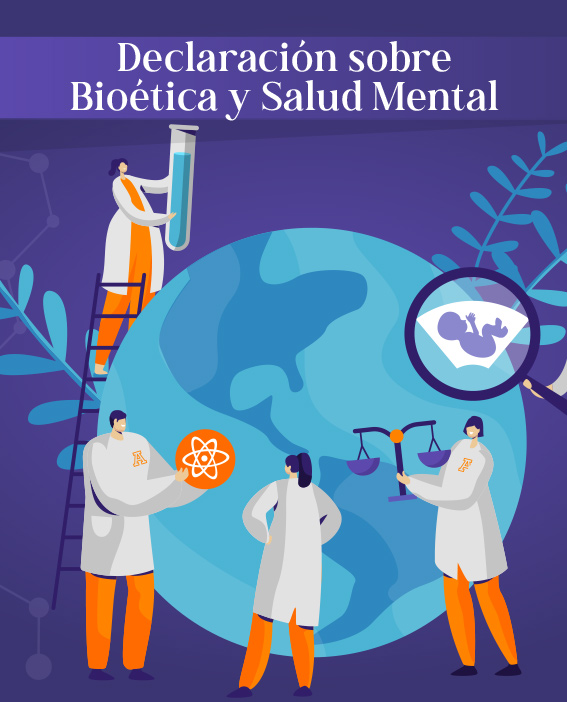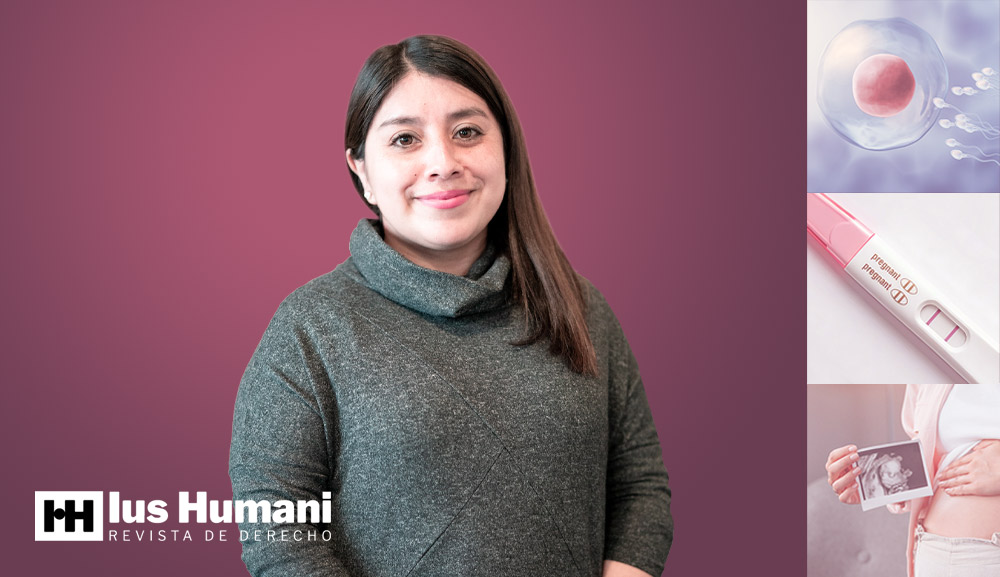
The academic article by student Pía Poulett Bustamante in the law journal Ius Humani provides a historical-bioethical reflection on autonomy and fertility.
Anáhuac University Mexico, through its School of Bioethics, is proud to share the publication of the academic article entitled “Autonomy in fertility: personalist analysis of sexual and reproductive rights from a historical-bioethical review” in the law journal Ius Humani (Ecuador), Vol. 14 (II), 2025.
This academic achievement corresponds to the research developed by Pía Poulett Bustamante Barahona, a student of the Doctorate in Applied Bioethics at our Institution and academic of the National Department of Bioethics of the School of Medicine of the Universidad San Sebastián (Chile), in co-authorship with Nicolás Matías Fuentes Valdebenito, professor at Duoc UC and the Universidad Santo Tomás (Chile).
This article represents a significant contribution to the interdisciplinary debate between law, philosophy, and bioethics, by providing a historical and bioethical overview of the concept of fertility. Throughout the text, the author shows how this reality went from being understood as a symbolic, spiritual, and relational event, deeply rooted in human cultures and traditions, to becoming an eminently technical and biomedical issue, marked by the development of reproductive biotechnologies and the rise of a paradigm of radical autonomy in the field of sexual and reproductive rights. The author clearly explains how this shift in perspective has led to a progressive disconnection of fertility from corporeality and relationality, constitutive and inseparable dimensions of the human person.
From the perspective of personalist bioethics, the article raises the need to overcome this reduction in fertility and proposes recovering a comprehensive vision in which autonomy is understood not as an absolute and individualistic right, but as an exercise inseparable from responsibility, openness, and interdependence. This proposal seeks to reposition fertility within the horizon of dignity and relationality, remembering that it cannot be conceived as a technical object or an absolute right, but rather as a gift that implies human bonds and openness to life. This approach is particularly valuable in a cultural context marked by the technological development of reproductive processes and the predominance of an ethic of absolute self-determination, as it reminds us that caring for human life always requires the integration of the ethical and relational dimensions.
This work draws directly from the research conducted within the framework of the Doctorate in Applied Bioethics at Anáhuac University Mexico, a postgraduate program characterized by its transdisciplinary and international focus, which seeks to train researchers capable of providing ethical solutions to the most complex challenges of our time. This article provides a concrete example of how academic projects promoted within the doctorate transcend the boundaries of the purely theoretical to enter international public and scientific debate, enriching the dialogue between different disciplines and traditions of thought.
Achievements like this confirm that the research conducted at Anáhuac not only meets criteria of academic excellence, but also contributes to guiding contemporary debates around human dignity, social justice, and shared responsibility in building a culture of life.
The full article can be consulted in open access through the following link: https://doi.org/10.31207/ih.v14i2.439
More information:
MPSS Estefanía Álvarez
Facultad de Bioética
bioética@anahuac.mx

